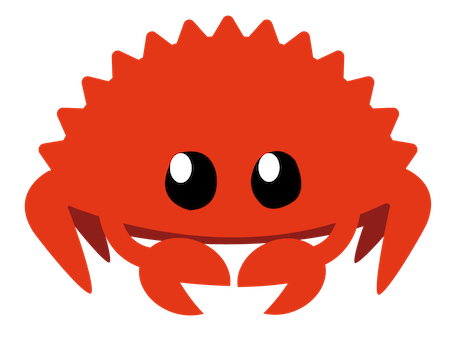Crate funspace[−][src]
Expand description
Funspace

Collection of function spaces.
A function space is made up of elements of basis functions. Every function in the function space can be represented as a linear combination of basis functions, represented by real/complex coefficients (spectral space).
Transform
A transform describes a change from the physical space to the function space. For example, a fourier transform describes a transform from values of a function on a regular grid to coefficents of sine/cosine polynomials. This concept is analogous to other function spaces.
Differentiation
One key advantage of representation of a function with coefficents in the function space is its ease of differentiation. Differentiation in fourier space becomes multiplication with the wavenumbe vector. Differentiation in Chebyshev space can be done easily by a recurrence relation. Each base implements a differentiation method, which must be applied on an array of coefficents.
Composite Bases
Bases like those of fourier polynomials or chebyshev polynomials are considered orthonormal bases, i.e. the dot product of each individual polynomial with any other of its set vanishes. But other function spaces can be constructed by a linear combination the orthonormal basis functions. This is often used to construct bases which satisfy particular boundary conditions like dirichlet (zero at the ends) or neumann (zero derivative at the ends). This is usefull when solving partial differential equations. When expressed in those composite function space, the boundary condition is automatically satisfied. This may be understood under Galerkin Method.
To switch from its composite form to the orthonormal form, each base implements
a Parental trait, which defines the transform to_ortho and from_ortho.
If the base is already orthogonal, the input will be returned, otherwise it
is returned. Note that the dimensionality of the composite space is often
less than its orthogonal counterpart. Therefore the output array must
not maintain the same shape (but dimensionality is conserved).
Implemented function spaces:
Chebyshev(Orthogonal), seechebyshev()ChebDirichlet(Composite), seecheb_dirichlet()ChebNeumann(Composite), seecheb_neumann()
Example
Apply forward transform of 1d array in cheb_dirichlet space
use funspace::{Transform, cheb_dirichlet}; use ndarray::prelude::*; let mut cd = cheb_dirichlet::<f64>(5); let mut input = array![1., 2., 3., 4., 5.]; let output = cd.forward(&mut input, 0);
Modules
Enums
Collection of all implemented basis functions.
Traits
Perform differentiation in spectral space
Generic floating point number, implemented for f32 and f64
Define transformation from and to orthonormal space.
Define (Pseudo-) Inverse of Laplacian
Mass matrix expresses the connection (dot product) of each basis of a funcion space.
Defines size of basis
Transform from physical to spectral space and vice versa.
Transform from physical to spectral space and vice versa. Parallel version of Transform, using Rayon,
Functions
Function space with Dirichlet boundary conditions
Functions space for inhomogeneous Dirichlet boundary conditions
Function space with Neumann boundary conditions
Functions space for inhomogeneous Neumann boundary conditions
Function space for Chebyshev Polynomials